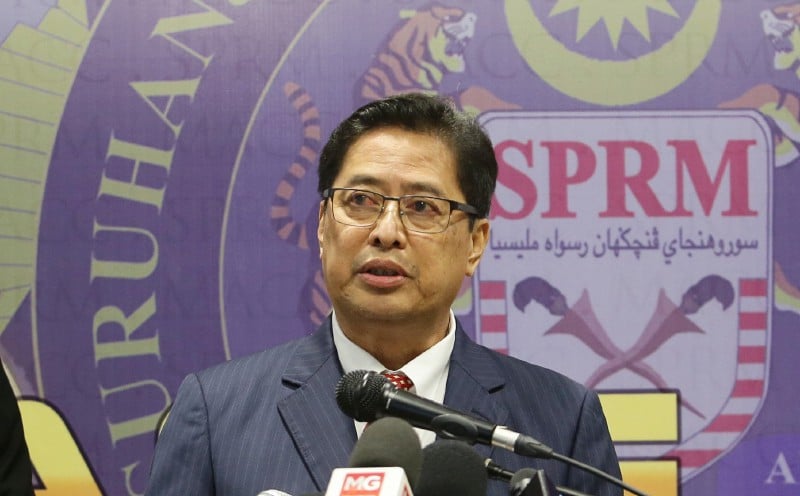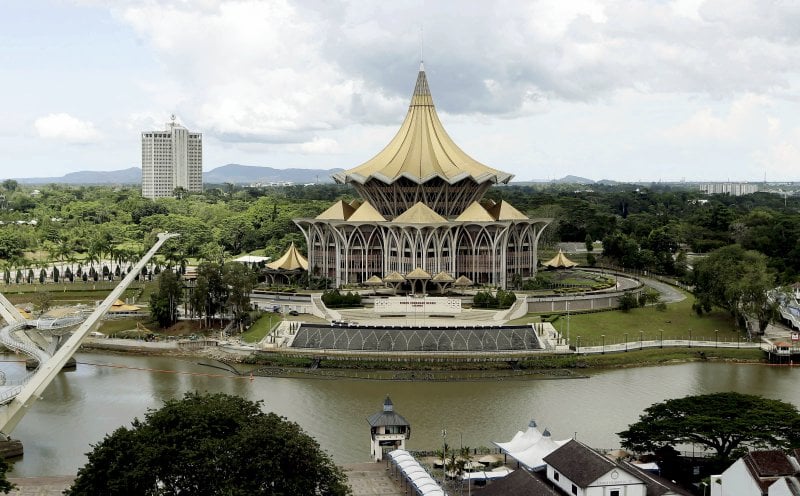KUALA LUMPUR: Economists have dismissed any notion of mismatch in the fiscal policy by the government and Bank Negara Malaysia's monetary stance to stabilise prices and ultimately rein in inflation.
Both the government and the central bank were not operating in silo and were constantly communicating with each other, they said.
Finance Minister Tengku Datuk Seri Zafrul Abdul Aziz, meanwhile, said the government could not interfere with Bank Negara's monetary action, stressing that it would be "fatal" for the central bank to rely on government decision.
The central bank was "independent of the government" and that government intervention in monetary policy decisions would affect financial market integrity, Tengku Zafrul added.
"We cannot coordinate (Bank Negara) by law. It is also important when it comes to the trust in the markets. If there is any manipulation or interference from the government in any compound monetary policy decision, that will undermine the integrity of the markets as well," he told reporters at the launch of edotco Group's sustainability blueprint and report 2021 here today.
He was commenting on the seemingly contrasting measures by Bank Negara and the goverment in reining in inflation.
Bank Negara continued implementing a hawkish monetary stance by raising its key interest rate on Wednesday - its second for the year after May's 25 basis point (bps) hike - to curb spending amid rising inflation. But at the same time, the government was putting more money in rakyat's hands.
According to Tengku Zafrul, Bank Negara had increased the Overnight Policy Rate (OPR) by another 25 bps to 2.25 per cent due to inflationary pressures which continued to increase to 2.8 per cent from 2.4 per cent previously.
He said inflationary pressures were faced all over the world including developed countries, some of which had exceeded nine per cent.
"Bank Negara's action is (also) to curb the outflow of investment from the country which will cause the ringgit to fall further."
If the OPR remained low at the previous level, investors might shift their investments from Malaysia, he added.
"The ringgit is falling, the price of goods will go up because we import 60 per cent of our raw materials. This (OPR) increase is also based on the latest regional developments. Basically, I feel our monetary policy is still competitive. The current OPR is still low compared to the pre-pandemic rate of three per cent," he said.
Tengku Zafrul said the government was conscious of the impact of the hike.
"We will continue to monitor this. We have seen a strong first quarter gross domestic product (GDP) growth at 5.0 per cent. The government is optimistic that this will continue for the second quarter of 2022," he added.
Putra Business School associate professor Dr Ahmed Razman Abdul Latif said to control the rising prices, both Bank Negara and the government could use their available control mechanisms such as price control, subsidies and raising OPR.
"They are not operating in silo and constant communication and sharing of data between them happen continuously," Ahmed Razman told the New Straits Times.
Bank Islam chief economist Dr Mohd Afzanizam Abdul Rashid said Bank Negara was independent in its policy making, given the fact that its focus was always price stability and growth.
"At the moment, inflation is rising with demand-pull and cost-push inflation are quite prevalent. And in its assessment, the current OPR is too easy i.e. too low in relation to the pace of economic activities which have become much better following the reopening of the economy since October last year.
"The government via fiscal policies is providing subsidies to stabilise the prices. In that sense, the policy is quite in line (with Bank Negara's)," Afzanizam added.
Juwai IQI chief economist Shan Saeed said Bank Negara had made the sagacious move to maintain price stability and the government was using the fiscal side to bolster the growth outlook.
Shan said post-Covid-19 economic era, an amalgamation of fiscal and monetary policy levers would lead to macroeconomic stability to drive growth outlook.
"Policy levers make an impact on the economy after a certain time. Nothing happens overnight or in the fast lane. Economy needs to absorb the impact of the policy levers to deliver results.
"The government and Bank Negara have got room to deliver a positive economic outcome in 2022 despite global economic fragilities and macabre in the financial markets. Considering the macroeconomic picture, Bank Negara should be able to meet its mandate of price stability in the economy," he added.
















